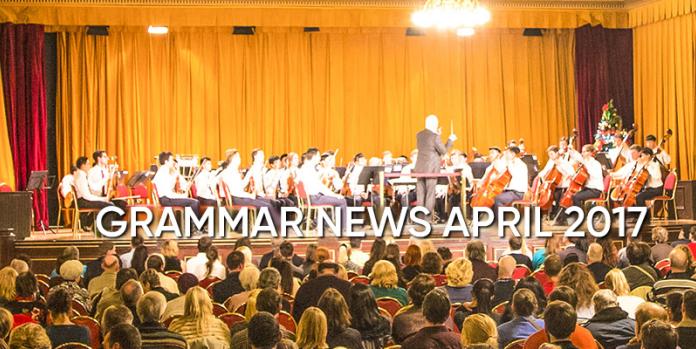There is no question that the evolution of digital technology will continue to occur at a rapid pace.
“We want our students to be confident with, and adaptable to, new technologies as they emerge,” says Mr Matt Smith, eLearning Coordinator. “This is why we focus on the broader capabilities of strategic thinking and problem solving as well as core skill sets, within a technological context, through our STEM programme.”
STEM is firmly embedded within the curriculum at Grimwade House through dedicated Digital Technology classes in Years 5 and 6, and integration into units of inquiry across the School at all levels. However, students are also offered a range of additional opportunities to explore this important educational focus.
“STEM activities enable students to identify strategies for solving real-life problems. We have found it heightens the motivation of many students as it offers new forms of engagement through meaningful play and experimentation,” says Mr Smith. “Through STEM, they use technology in purposeful ways, and in ways that create meaningful projects that they care about.”
Robotics and coding begins in Prep classes with students advancing to Lego robotics from Year 2. The activities are carried out in the context of the broader curriculum. For example, during their unit of inquiry Design and Inventions, Year 3 students consider how coding can be used to make machines work. They build a Mars Rover robot and create the code to make it sense and move. Year 6 students design a product using a software design tool, build it using one of our 3D printers, and create a website to market it.
STEM Club is an optional ‘makerspace’ activity available to all students in Middle and Upper Primary levels. Held during lunchtime, sessions cater for different ages. One session per week is reserved for girls only. It provides an opportunity for collaborative construction in a creative environment. “STEM Club encourages students to discover explanation through experimentation and natural reflection. It promotes practices that embody personal, practical and functional objectives,” says Mr Smith.
Coding workshops are also available at Grimwade Club, the School’s after-school recreational activity and coaching programme. Here, students focus on programming, sequential thinking and problem solving. Led by programming and computer science experts, the workshops are extremely popular.
Related topics
